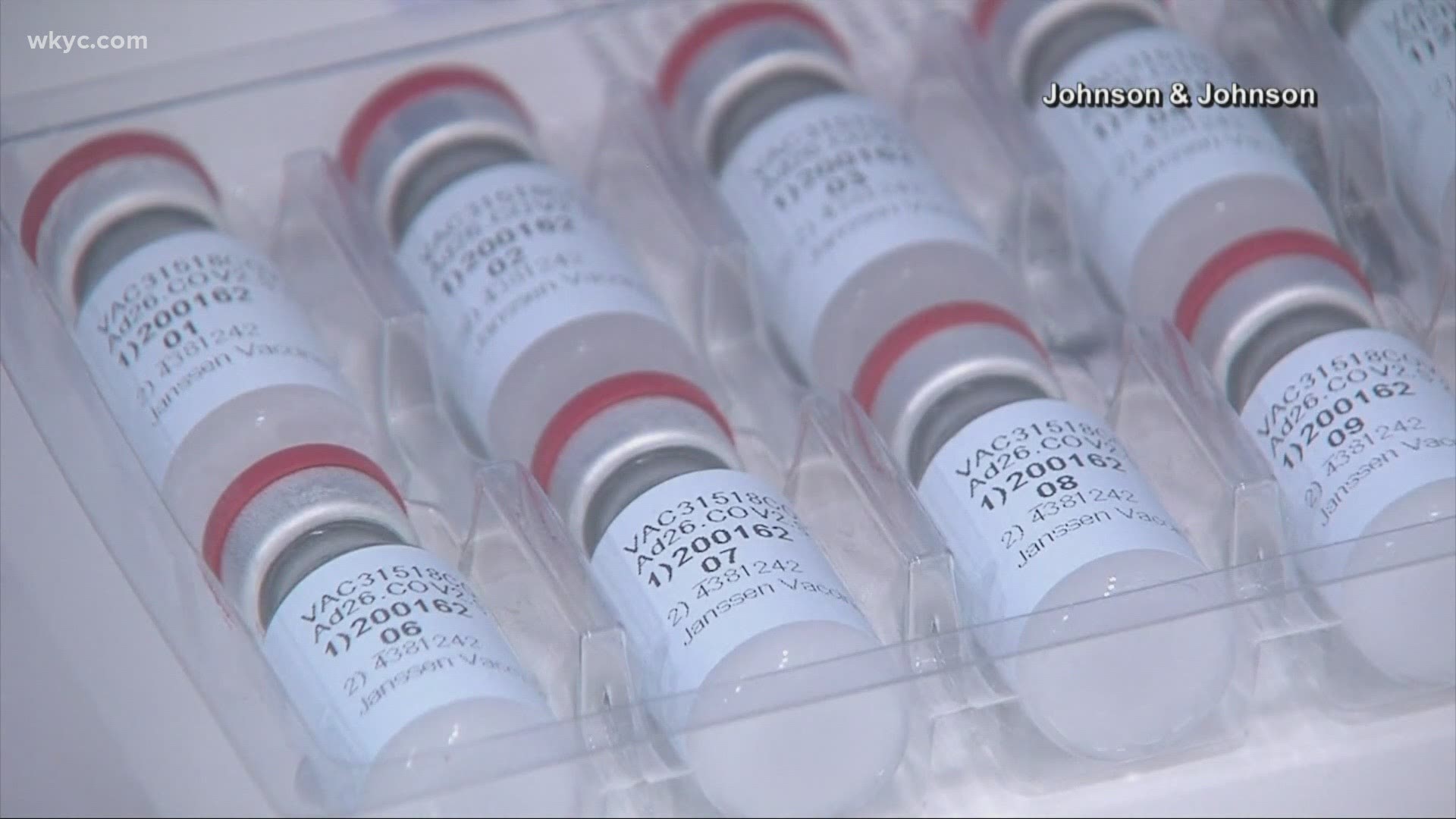KNOXVILLE, Tenn — More hope in the long fight against COVID-19 appears to be on the horizon. Johnson & Johnson on Friday released the results of its Phase 3 trial that showed the Janssen Pharmaceuticals single-dose COVID-19 vaccine is 66% effective overall in preventing moderate to severe illnesses 28 days after vaccination.
Dr. Bill Smith, Chief Executive Officer of Alliance for Multispecialty Research, has been heading up the human clinical trials in Knoxville for this vaccine.
He said efficacy rates don't tell the entire story of why this new vaccine is important. For a vaccine of this type, which is set to be the first single-dose COVID-19 vaccine approved for use, 66% is more than just good.
“In terms of preventing the most important consequences of COVID, it was quite effective,” Smith said.
Dr. Smith said there are many reasons this vaccine is good news beyond it increasing the available supply of vaccine. From a logistics standpoint, one-dose vaccines will simplify the vaccination process for those who receive it. It is also easier to store and ship compared to Pfizer's and Moderna's mRNA vaccines that require cold storage.
“A single vaccination, they're going to be able to vaccinate a lot more people. Also, their vaccine can be transported in refrigerated units rather than requiring the ultra-cold freezers,” Smith said.
Smith said the 66% overall efficacy rate worldwide compared to Pfizer's and Moderna's 95% is not as big a selling point as it seems in the larger picture of significantly reducing the disease burden, considering the efficacy of most flu shorts can be lower than that some years.
“Its efficacy in the US at 72%, which is better than what we see most years with our flu vaccine where some years, it's less than 50%“ Dr. Smith said. “The most important part of the data says that, against severe illnesses that required hospitalization with ventilations, that their vaccine was effective."
All in all, Dr. Smith said don’t pass up the opportunity to take this vaccine if you are scheduled to get it once it is approved and is made available. 66% to 72% efficacy is far better than the 0% of not having any immune protection.
“The fact that they're going to be protected against the most severe cases of the coronavirus illness makes it that I tell people take the first vaccine that is available to you,” he said.
Smith said he expects the vaccine to start going in arms sometime in February or March, as it is still awaiting emergency approval from the U.S. Food and Drug Administration.

